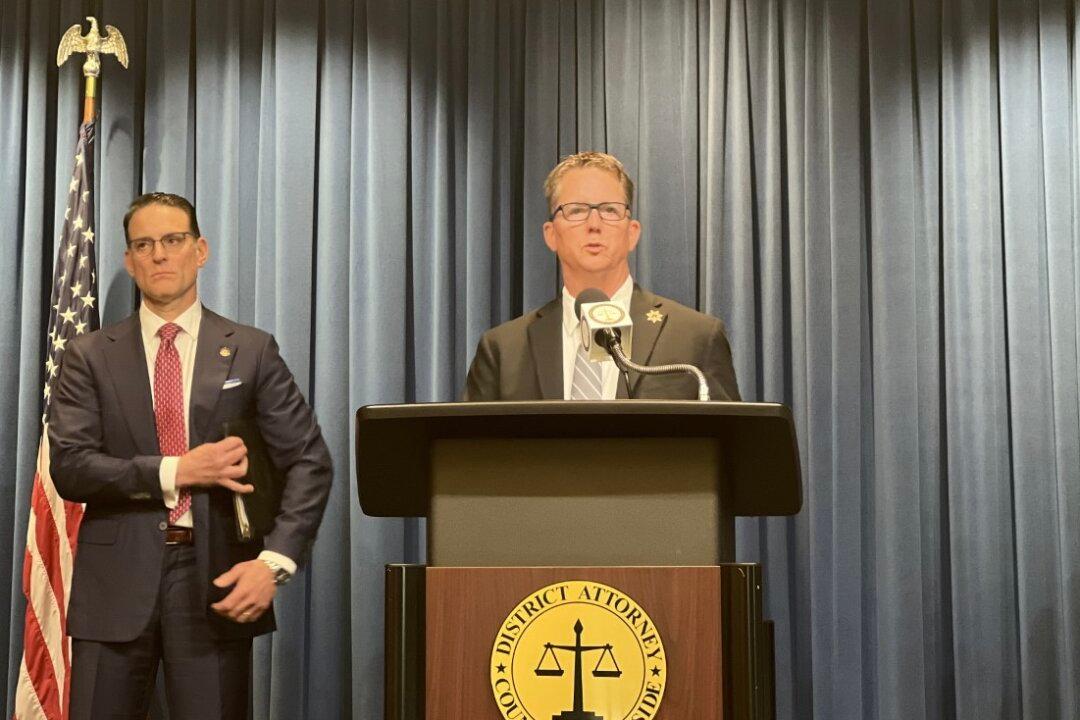Central Valley-based Tulare County District Attorney Tim Ward is calling on constituents to put pressure on Gov. Gavin Newsom and request a veto of bills currently under consideration in the Legislature related to criminal justice reform.
At issue are Senate Bill 94—authored by Sen. Dave Cortese (D-San Jose) which would allow the release of some inmates convicted of serious felonies and sentenced to death or life without the possibility of parole—and Senate Bill 81—introduced by Sen. Nancy Skinner (D-Oakland) and intended to reduce sentencing enhancements, which are additional circumstances that can increase the length of time served for a crime.





